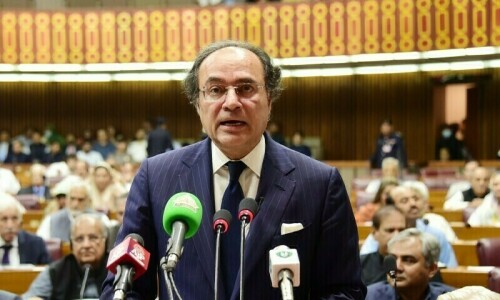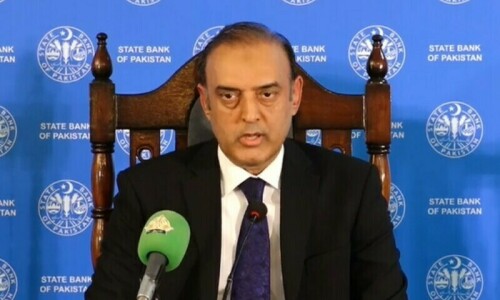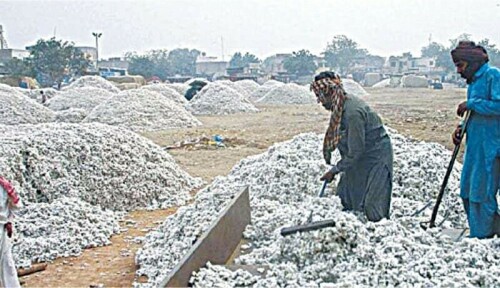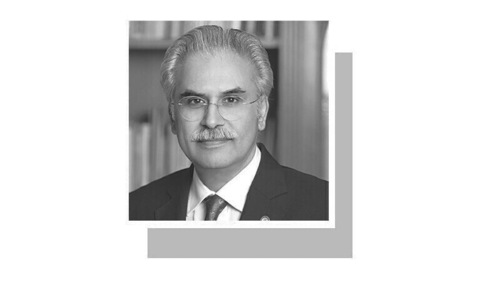KARACHI: While legal experts support Justice Syed Mansoor Ali Shah and Justice Jamal Khan Mandokhail’s demand for the framing of proper rules regarding the chief justice’s discretionary powers, they said that it was up to the Supreme Court to decide whether the verdict was a ‘3-2’ or a ‘4-3’ judgement, Dawn.com reported.
Speaking on the Samaa TV programme ‘Nadeem Malik Live’, Supreme Court advocate Salman Akram Raja said that the five-member bench hearing the PTI’s plea challenging the electoral body’s orders to put off Punjab Assembly elections would decide whether the 3-2 or 4-3 ruling was applicable to the March 1 order.
“It will be clear in a day or two. This is no big deal,” he said.
Mr Raja argued that according to the Constitution, smaller benches also represented the apex court’s stance. “There is no rule which says a full court will sit […] we consider the bench to be the Supreme Court. Now, a bench is hearing the matter and it will decide what the previous verdict was. We will have to accept that decision.”
He said “all issues” raised in the dissenting note were important. However, Mr Raja termed the demand for having certain rules for invoking the top court’s suo motu jurisdiction as being a valid one. “We should formulate rules immediately. However, we cannot just reject the past by saying that ‘it was a one-man show’ or ‘chief justices made the benches’,” he added.
He said that the reason why such rules had not yet been formulated was due to a lack of consensus among the top court judges.
Legal expert Salahuddin Ahmed, speaking on the Geo News programme Capital Talk, said that bar councils and associations had long demanded that the CJP’s powers be structured and regularised.
“You can’t leave it completely to his discretion and as today’s judgement [shows], very harsh language has been used and judicial imperialism has been mentioned.”
Mr Ahmed said the issue of reforms was one that had been raised many times in the past, adding that many judges in their retirement speeches had voiced complaints about the so-called selective composition of benches in political or sensitive matters.
“When seven to eight or a dozen judges are saying this, then the chief justice is responsible for not allowing the people to get the impression that you are running the institution through certain judges.”
He questioned why the chief justice was hesitating to form a full bench so that all judges could sit together and “speak with a collective authority so matters are actually solved instead of becoming more complicated”.
Echoing Mr Raja’s views, he said the current five-member bench would have to decide whether the 3-2 or the 4-3 verdict was applicable.
Hr said the sanctity of the SC was being affected by the recent turn of events. “The matter is simple. When you include the same three to four judges in important constitutional and political cases, then naturally people will have reservations,” he added.
Published in Dawn, March 28th, 2023










































Dear visitor, the comments section is undergoing an overhaul and will return soon.